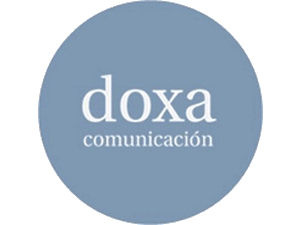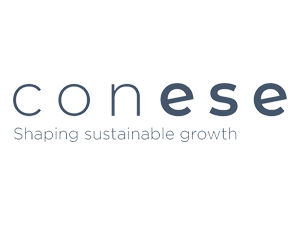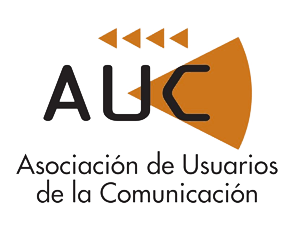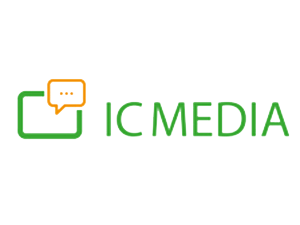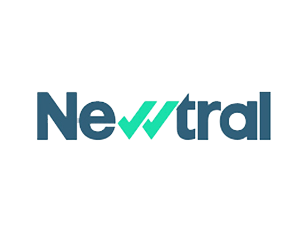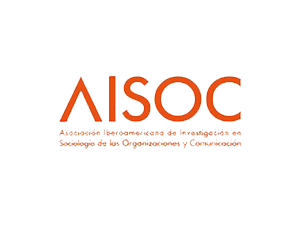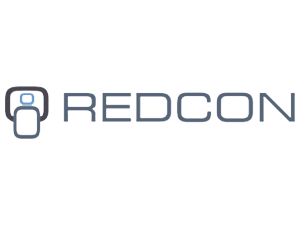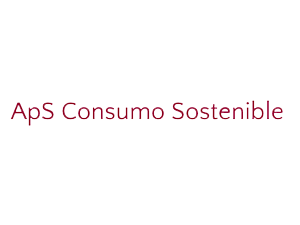Resumen
La crisis inédita del COVID-19 ha supuesto, en tantos ámbitos, un cambio de paradigma o un aceleramiento de cambios que llevaban tiempo anunciándose. Entre todos los efectos que ha podido producir, sin duda uno de los principales es una renovada toma de conciencia de la fragilidad y vulnerabilidad propia de la condición humana, que contrasta con el intento de autonomía y autofundamentación propios del proyecto moderno. Esta vulnerabilidad afecta de una manera singular al plano cognitivo, pues el conocimiento e interpretación del mundo, que nos define como seres racionales, limita y condiciona radicalmente también nuestros actos. Ello motiva la posibilidad de manipular el conocimiento. Fenómenos como las fake news o la posverdad, ponen de manifiesto cómo los ciudadanos estamos inermes frente a la manipulación de nuestras opiniones y conocimientos acerca del mundo que nos rodea. Esta indefensión se debe a la dependencia, también en el ámbito del conocimiento, de los otros. Por ello, y paradójicamente, el reconocimiento de la vulnerabilidad también en el plano cognitivo supone la posibilidad de superar las aporías tanto del intento ilustrado de autonomía cognoscitiva, como del relativismo propio de la posmodernidad, a través de la recuperación de la noción de confianza. En efecto, la vulnerabilidad pide ser superada a través de la cooperación y la dependencia, que en el campo cognitivo se traducen en el conocimiento por confianza a través de los conceptos de autoridad y testimonio.
Palabras Clave / Autonomía cognitiva / Autoridad cognitiva / Confianza / Fake news / Posmodernidad / Posverdad / Testimonio / Vulnerabilidad cognitiva
Abstract
The unprecedented crisis of COVID-19 has entailed, in so many areas, a change of paradigm or an acceleration of the changes that had been long predicted. Among all the effects it may have produced, certainly one of the most important is a renewed awareness of the fragility and vulnerability inherent to the human condition, which contrasts with the attempt at autonomy and self-foundation inherent to the Modern project. This vulnerability affects the cognitive level in a singular way, since the knowledge and interpretation of the world, which defines us as rational beings, radically limits and conditions our actions as well. This leads to the possibility of manipulating knowledge. Phenomena such as fake news or post-truth show how citizens are powerless when confronted with the manipulation of our opinions and knowledge regarding the world surrounding us. This powerlessness is due to our dependence, also in the field of knowledge, on others. Therefore, and paradoxically, the recognition of vulnerability also on the cognitive level entails the possibility of overcoming the difficulties of both the Enlightenment attempt to achieve cognitive autonomy and the relativism of post-modernity, through the restoration of the notion of trust. Indeed, vulnerability demands being overcome through cooperation and dependence, which in the cognitive field are translated into knowledge by trust by means of the concepts of authority and testimony.
Keywords / Cognitive authority / Cognitive autonomy / Cognitive vulnerability / Fake news / Post-modernity / Post-truth / Testimony / Trust
FIRMANTES
| Nombre | Adscripción | Procedencia |
|---|---|---|
| Manuel Oriol Salgado | Universidad CEU San Pablo | Madrid |







